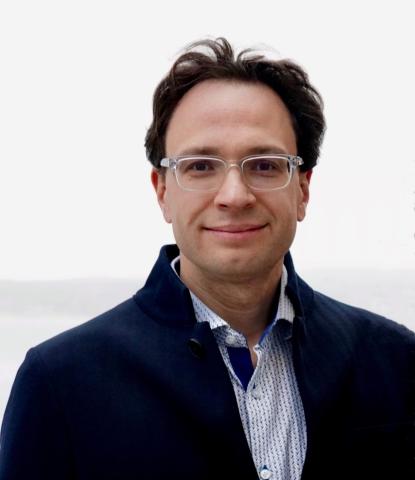event
Evolving Institutions that Foster Cooperation
Primary tabs
Joshua Plotkin, Ph.D.
Department of Biology
University of Pennsylvania
The enigma of human cooperation has been understood in terms of indirect reciprocity. The mechanism is simple: individuals cooperate with those of good moral standing, and people's moral reputations are updated based on their actions towards others. But the theory of indirect reciprocity does not explain how the requisite institutions that monitor and broadcast moral reputations themselves evolve. In this talk Plotkin will discuss the emergence of public monitoring in societies where individuals are, at first, independently responsible for evaluating the moral reputations of their peers.
Plotkin will show that public institutions of moral assessment can evolve under all simple social norms. Public monitoring serves to eliminate disagreements about reputations in the population, which in turn increases cooperation and individual payoffs, so that adherence to the public institution can evolve by social contagion. An institution's size and its degree of tolerance towards antisocial behavior can be designed to dramatically increase cooperation rates, even for social norms previously thought to perform poorly. These results help explain why societies tend to elect centralized institutions that provide top-down moral governance of their individual behavior.
Host: Greg Gibson, Ph.D.
Status
- Workflow Status:Published
- Created By:Jasmine Martin
- Created:01/17/2020
- Modified By:Renay San Miguel
- Modified:01/21/2020
Categories
Target Audience

